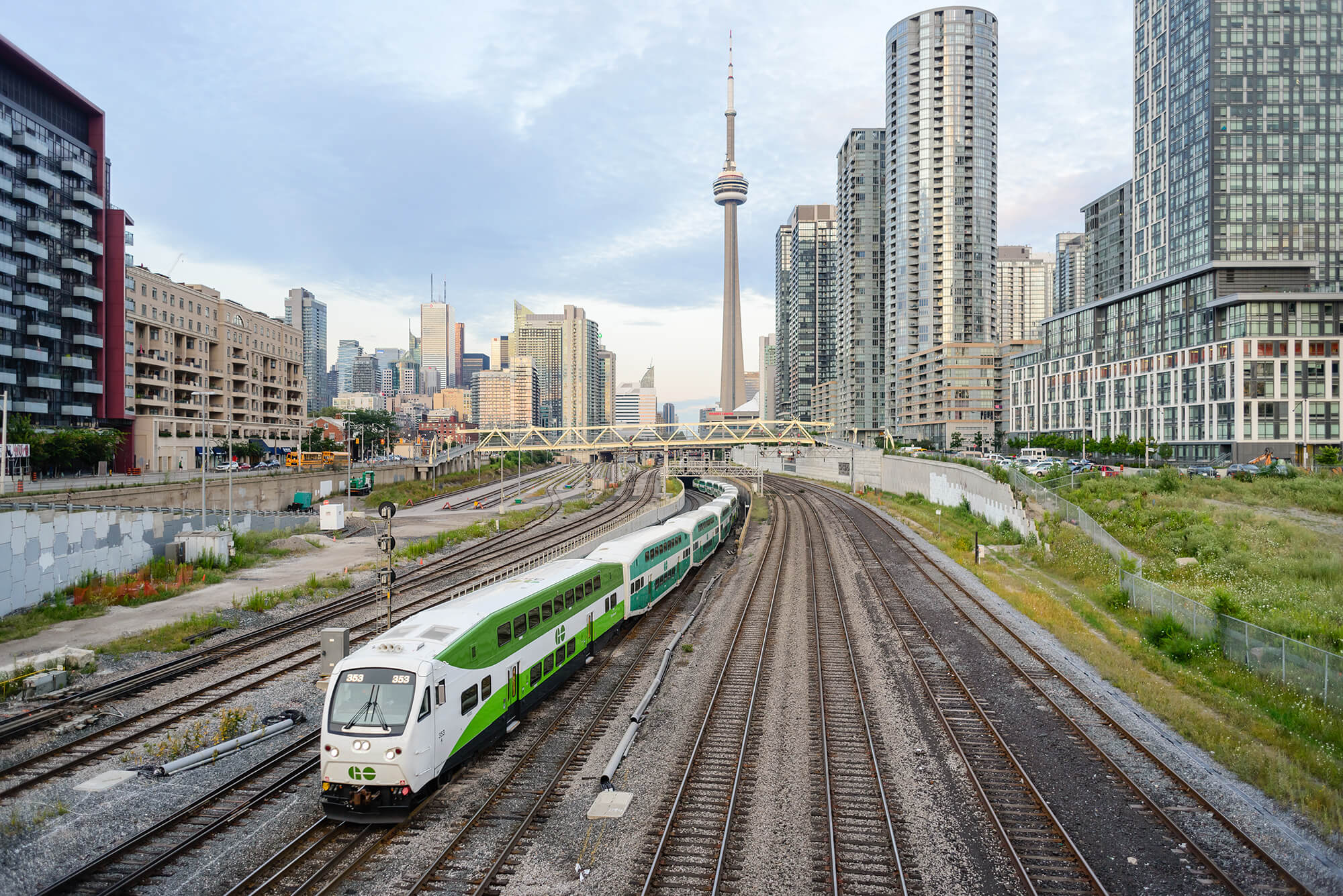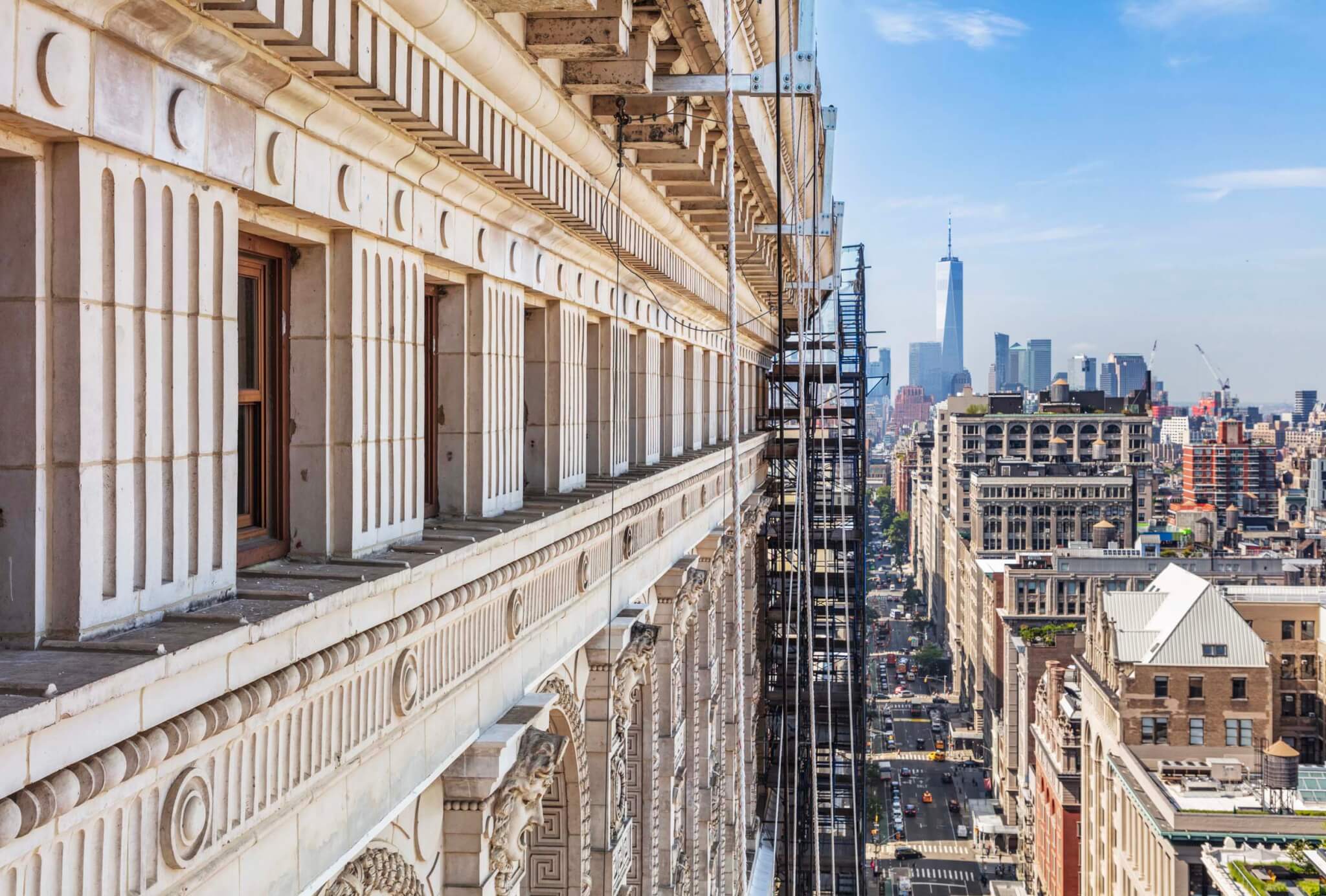-
Arup’s Rail Resiliency Framework protects transport infrastructure from global warming
Global warming has had disastrous consequences for the world’s transport infrastructure, hurting trade and quality of life. Just this week, New York’s Third Avenue Bridge connecting the Bronx and Manhattan literally stopped working because of an ongoing heatwave, creating dramatic complications for the region’s commuters. Continue reading on The Architect’s Newspaper The post Arup’s
-

The FTC is suing software giant Adobe over hidden fees
-

NASA is prototyping fungal mycelium bricks to “grow homes”
-

A new AR-guided collection of essays defines “Purpleness” in architecture
-

In Florida, Caplow Manzano designs first WELL-certified residence
-
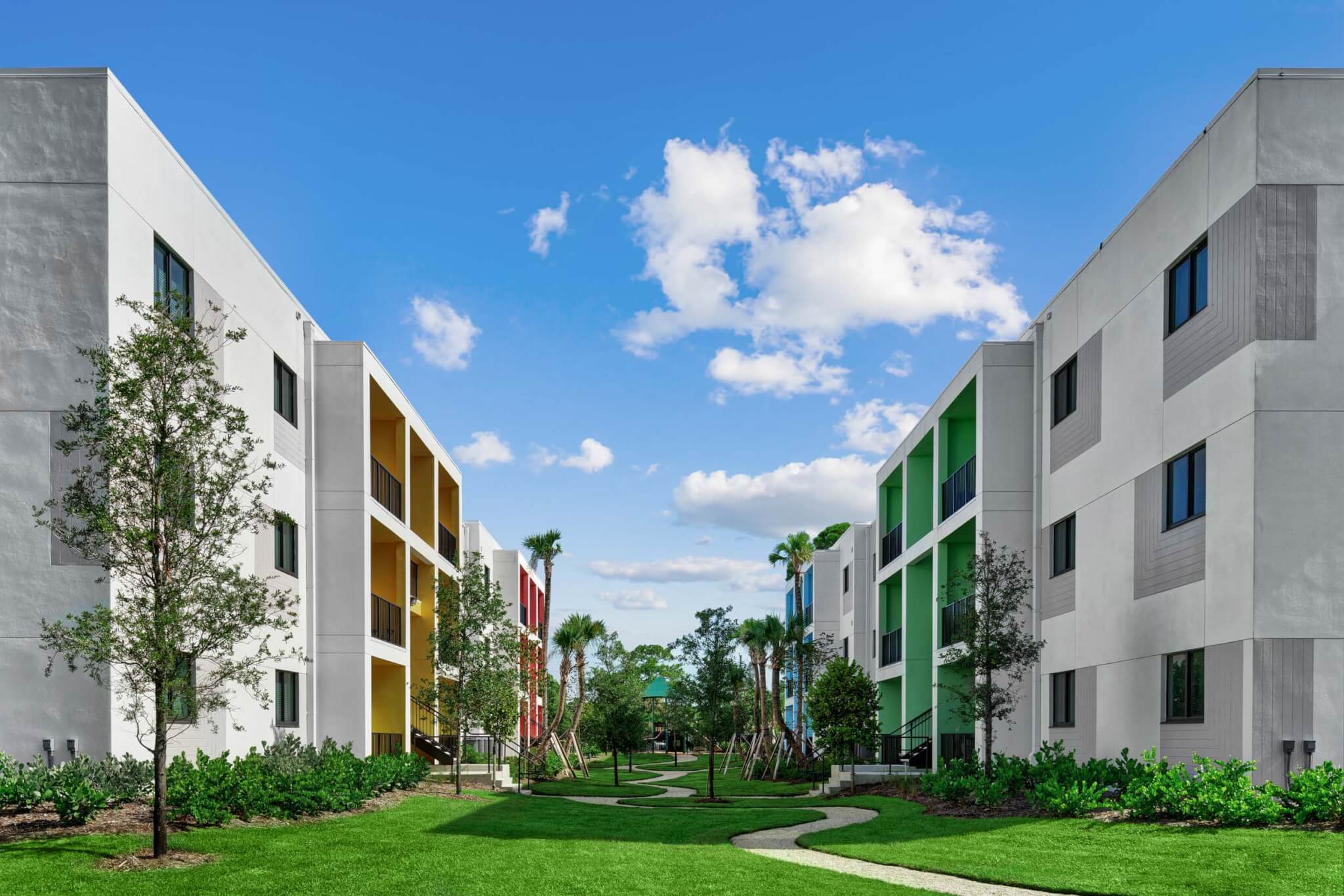
Arquitectonica constructs Palm Springs development from interlocking block system
-

Marywood University announces first ever Bachelor of Virtual Architecture
-
Christopher Payne photographs terra-cotta fabrication at Gladding, McBean
Twelve years ago, a reservoir called Folsom Lake, about 30 miles northeast of Sacramento, dried up. On the drought-cracked bottom lay a clay pipe, submerged since 1955, when the reservoir was built. That pipe, like most that run below cities like Sacramento, San Francisco, and Los Angeles, was made by Gladding, McBean, a terra-cotta manufacturer
-

Netanyahu unveils regional plan for “free trade zone” with trains to NEOM
-

Silicosis is the subject of new regulations and changing sentiments
-
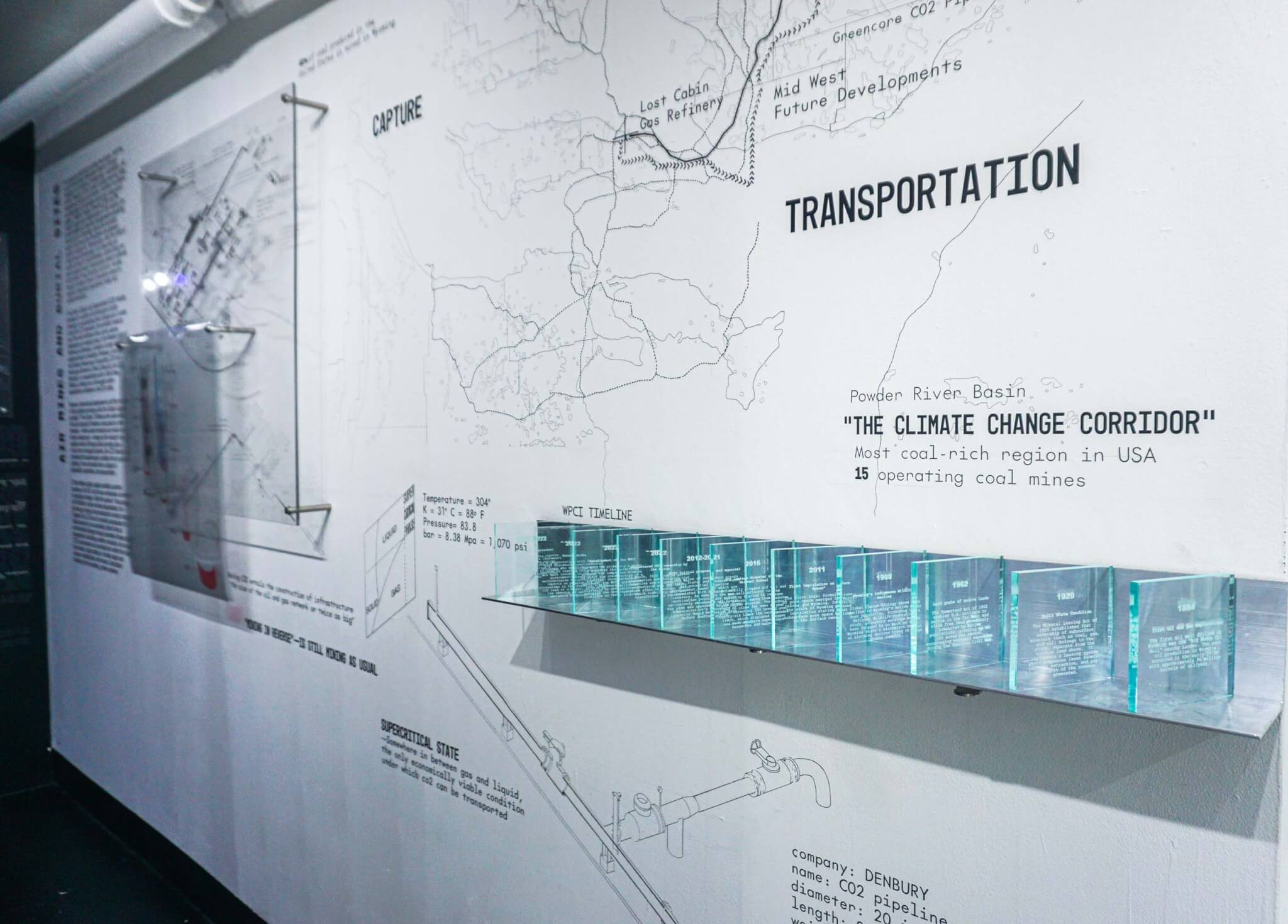
Geo-Fantasies elicits questions about carbon capture
-
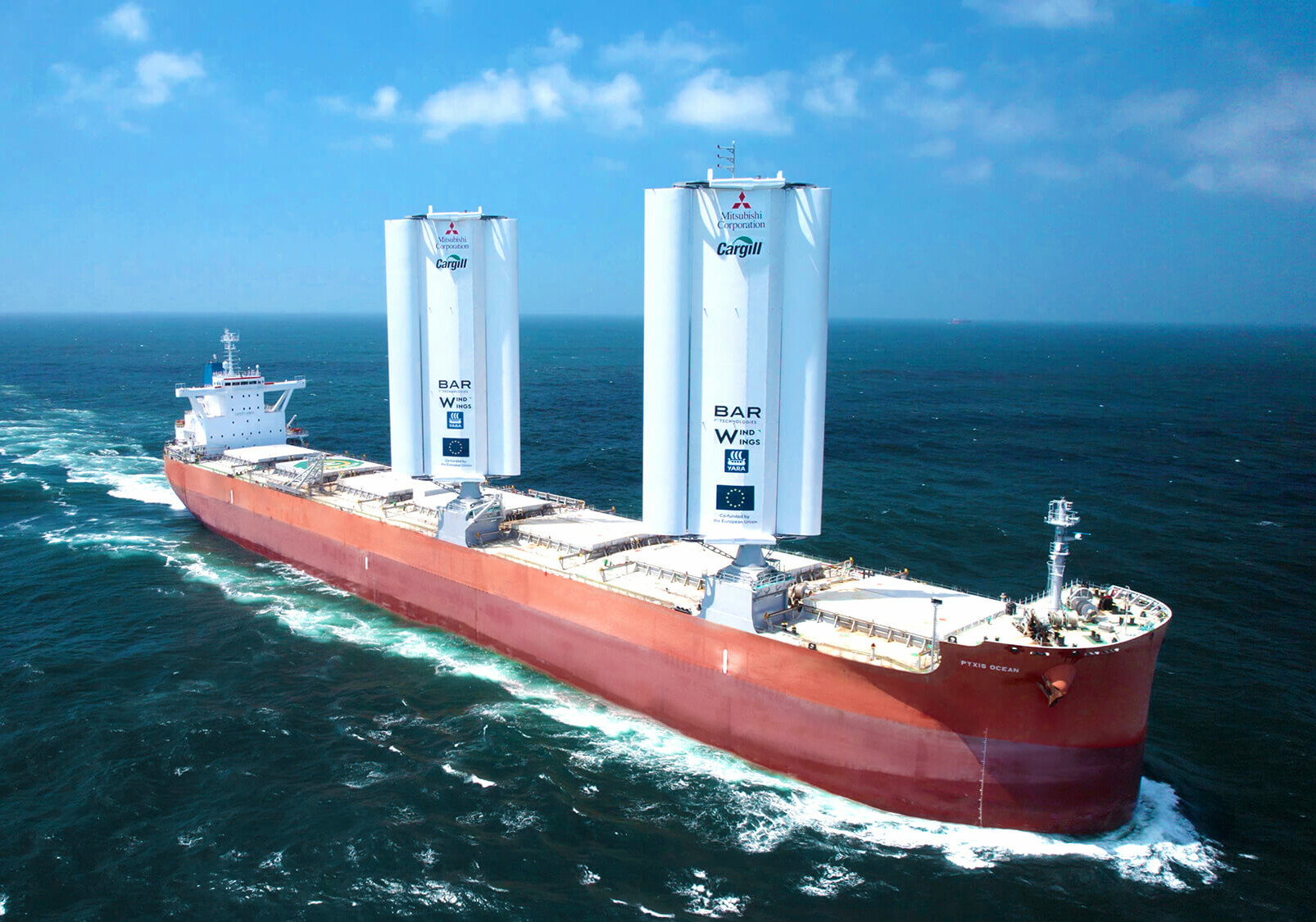
Cargill debuts wind-powered ocean liner with WindWings®
-
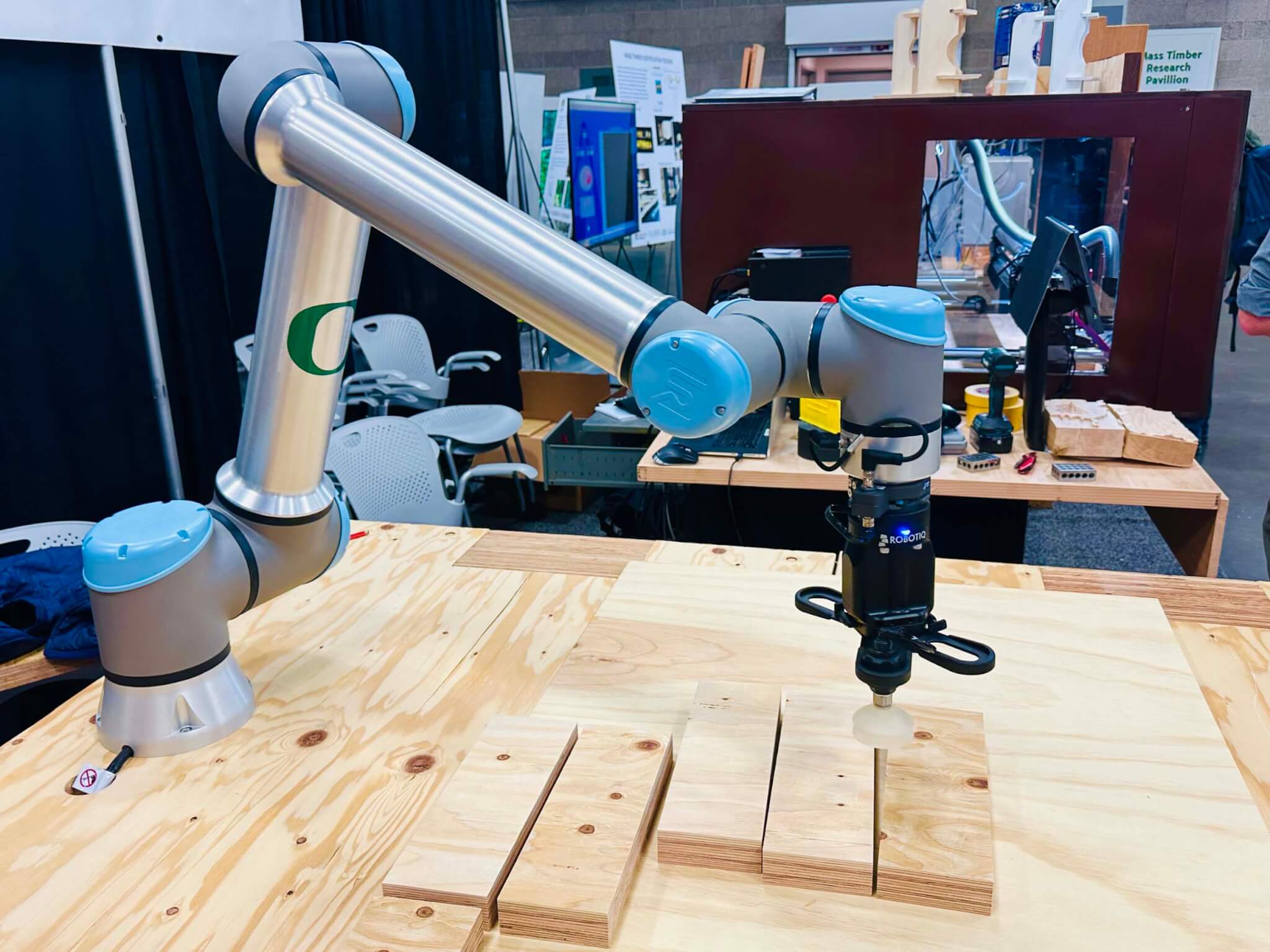
The International Mass Timber Conference promotes community
-
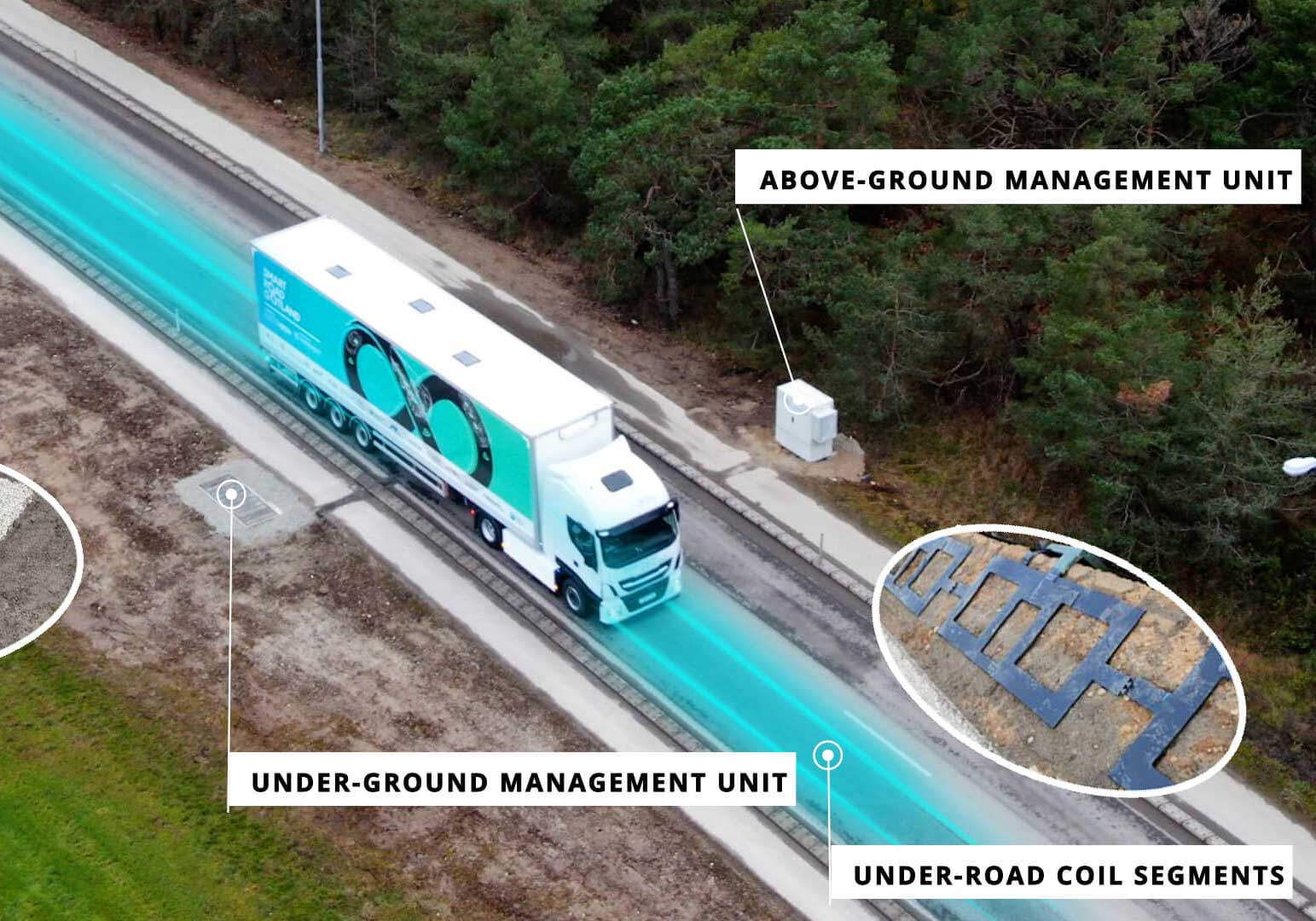
Electric charging roads for EVs might just be the next new thing
-
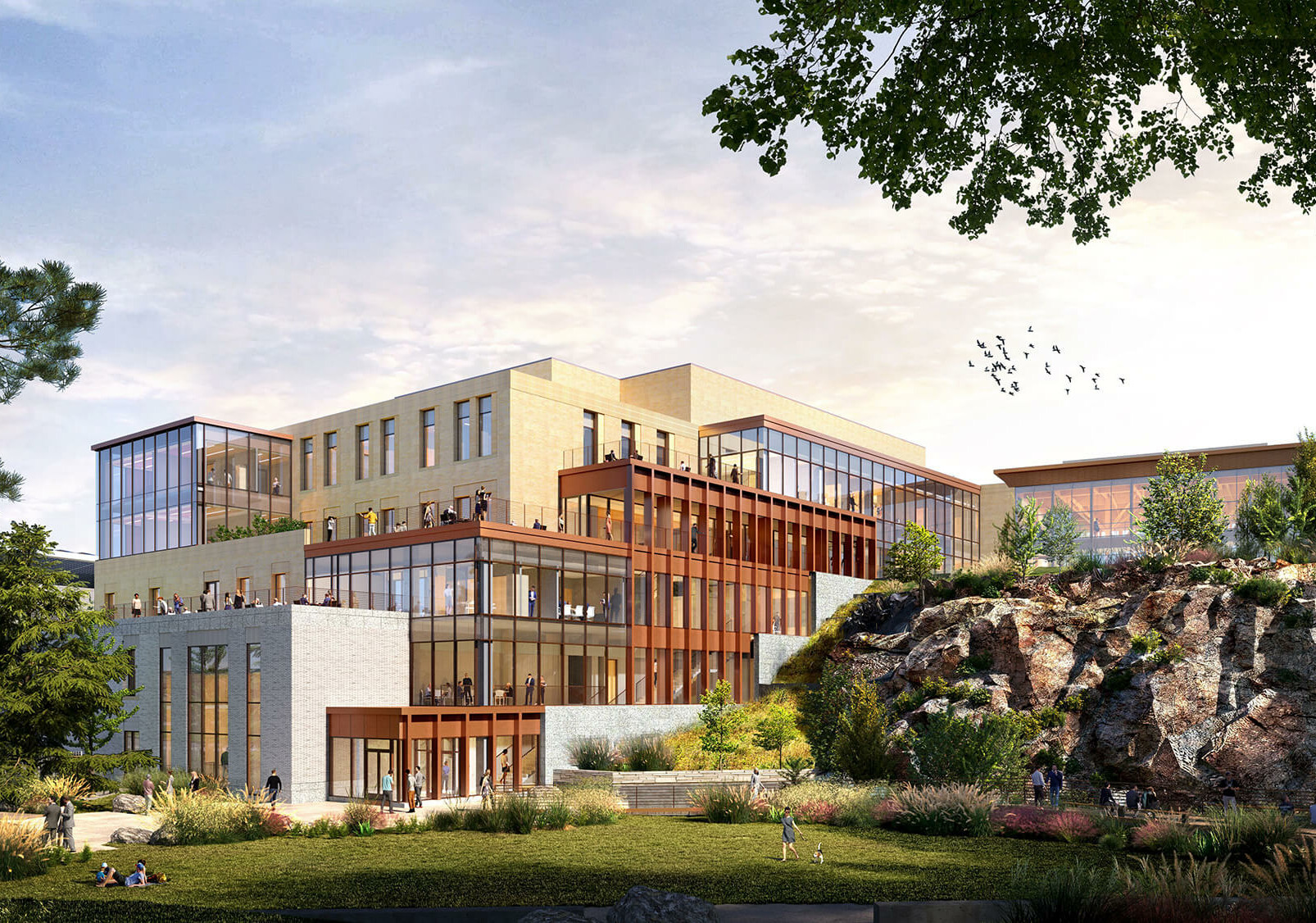
HGA is transforming a former gravel quarry into a biotech campus
-
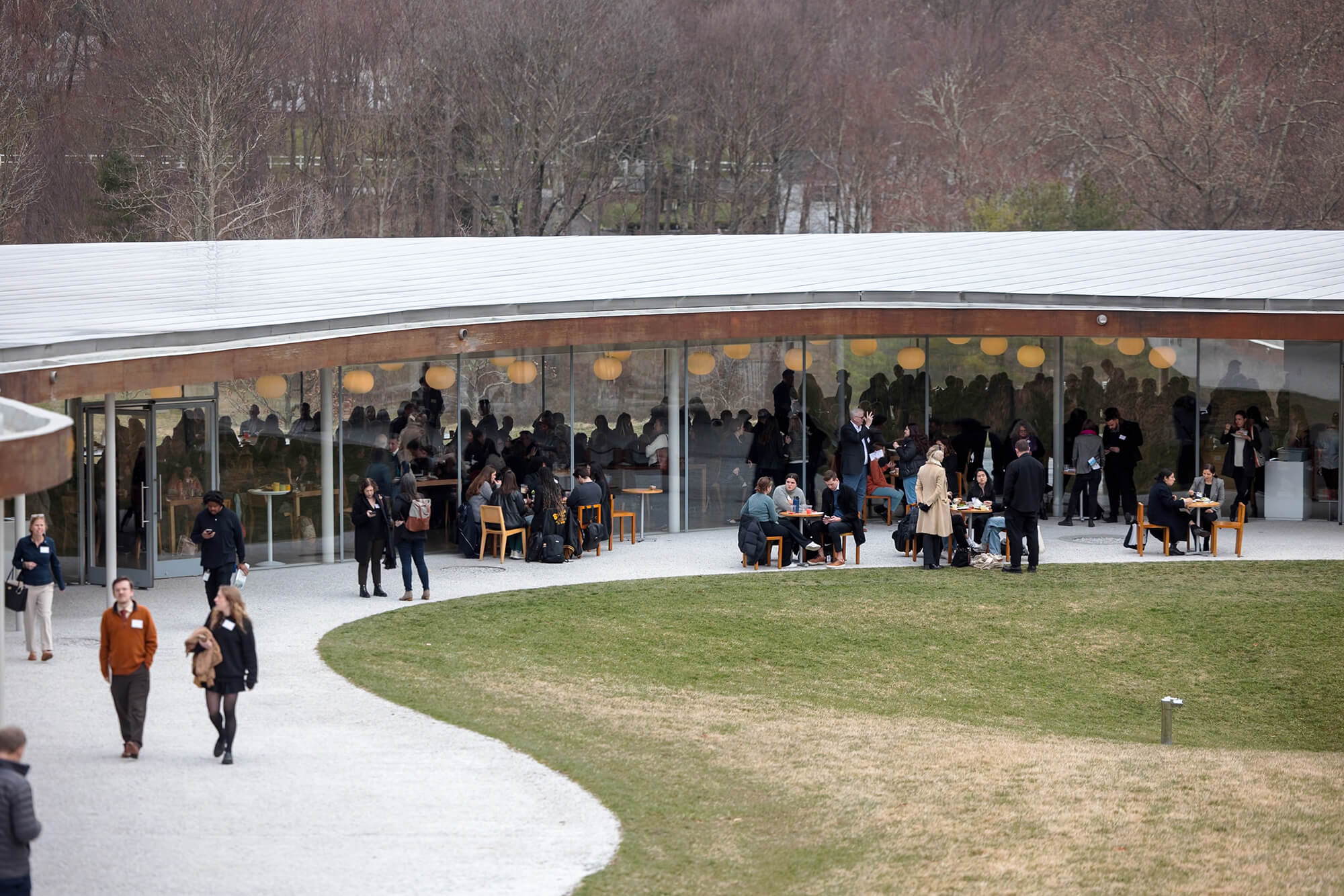
Design for Freedom holds its third annual summit
-
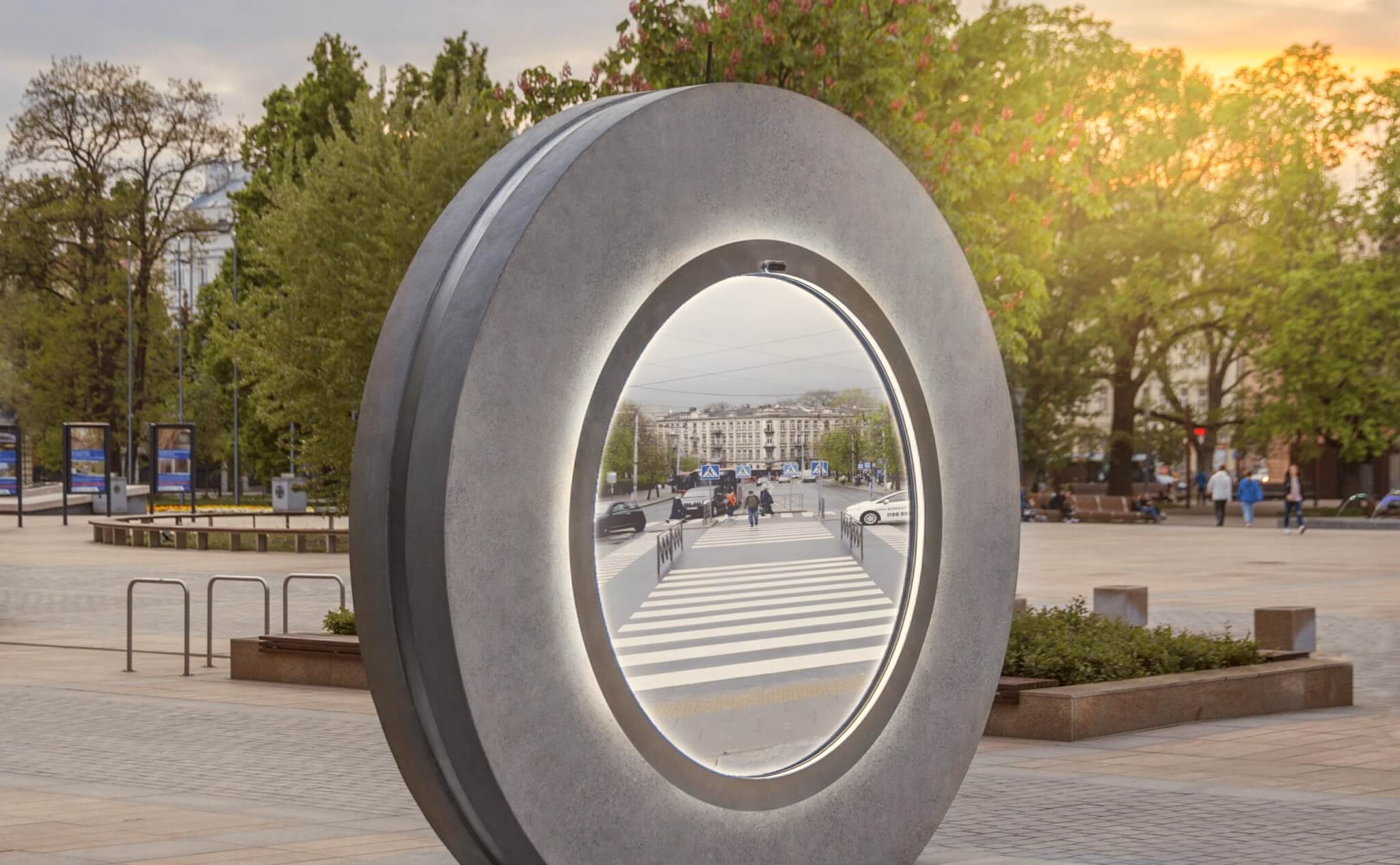
The Portal to connect New Yorkers and Dubliners through sculpture
-
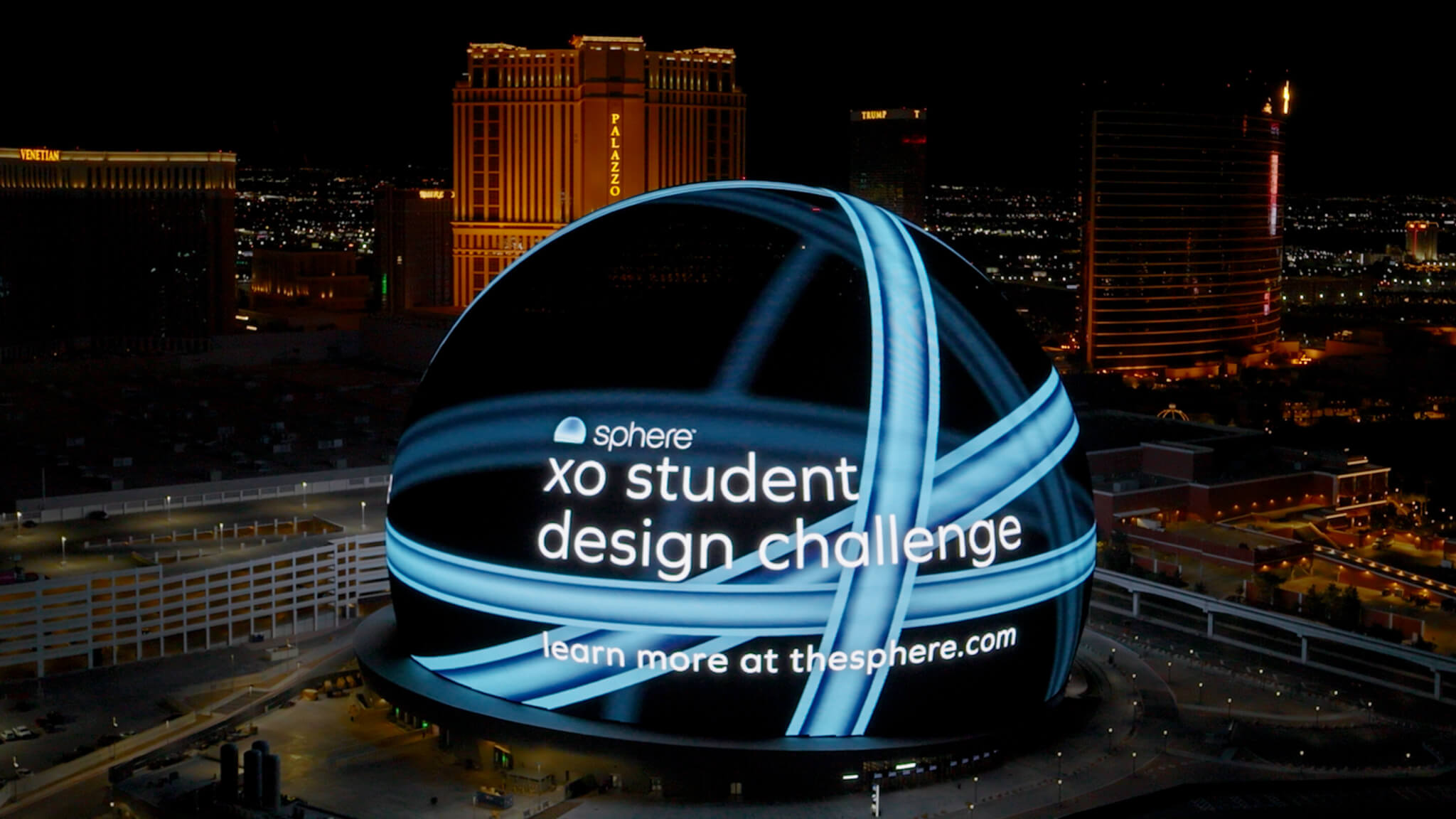
The Sphere in Las Vegas launches a Student Design Challenge
-

OpenAI’s Sora will advance renderings with a cinematic depth
-

Frank Lloyd Wright’s paper architecture comes to life at the Westmoreland
